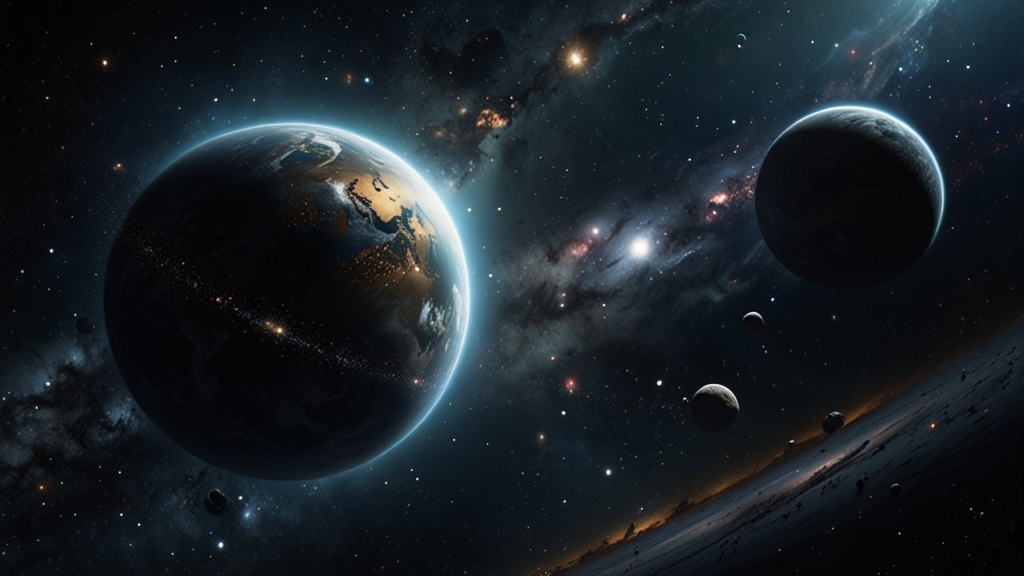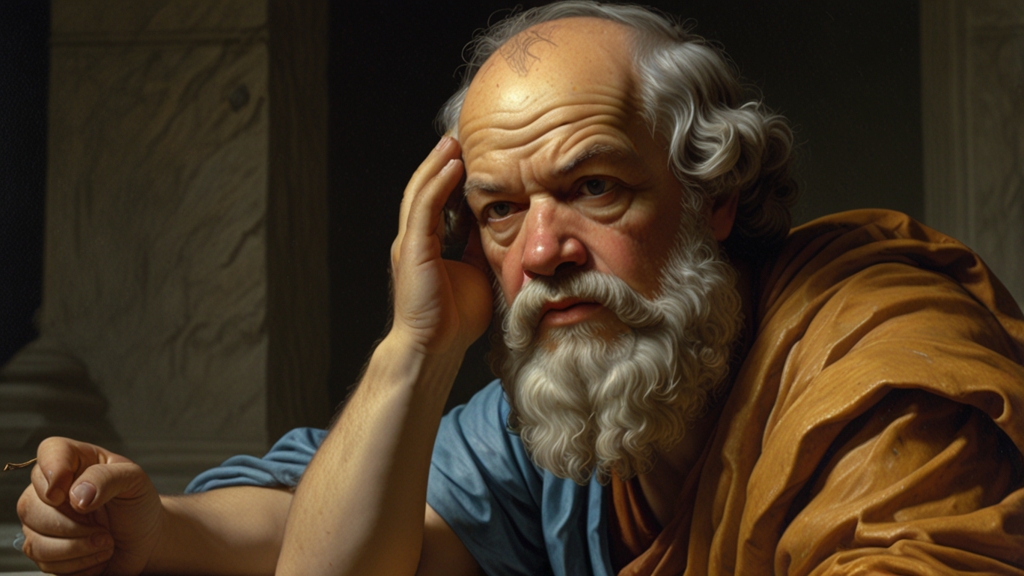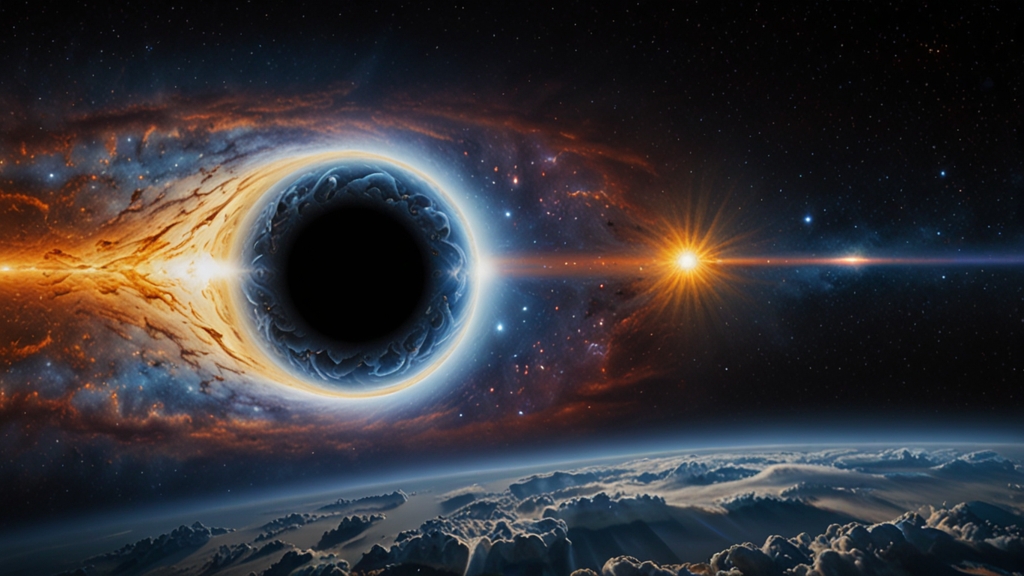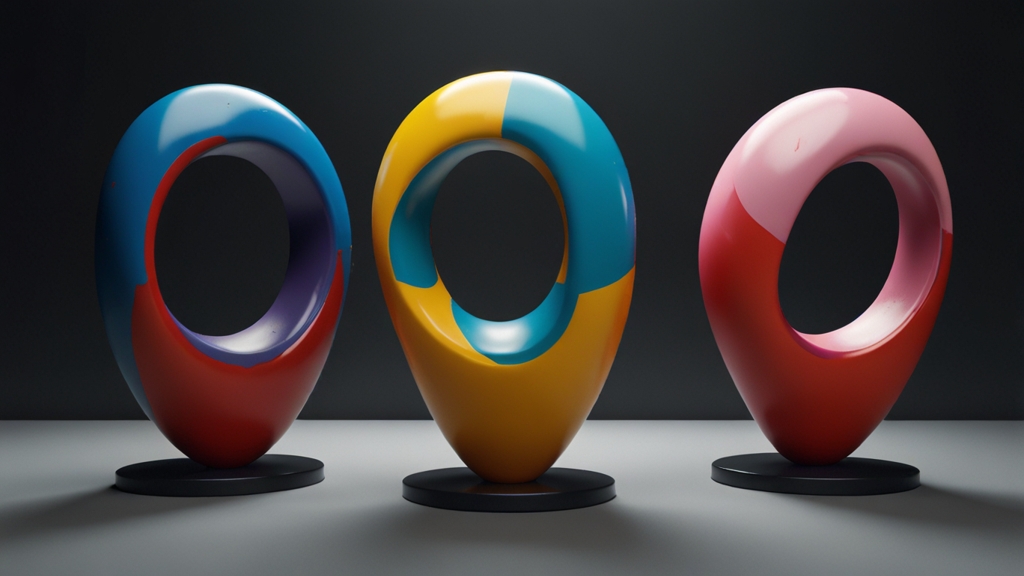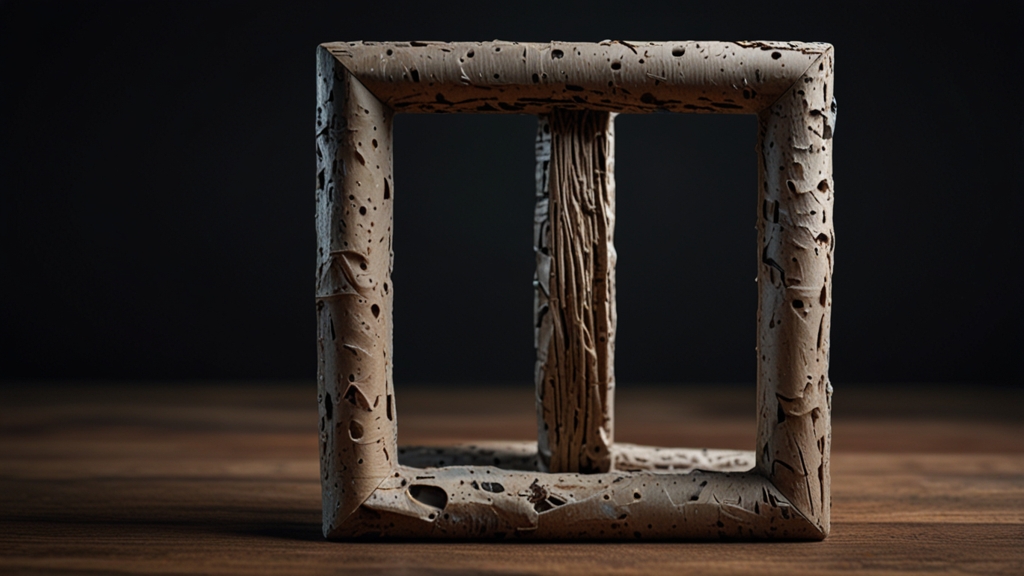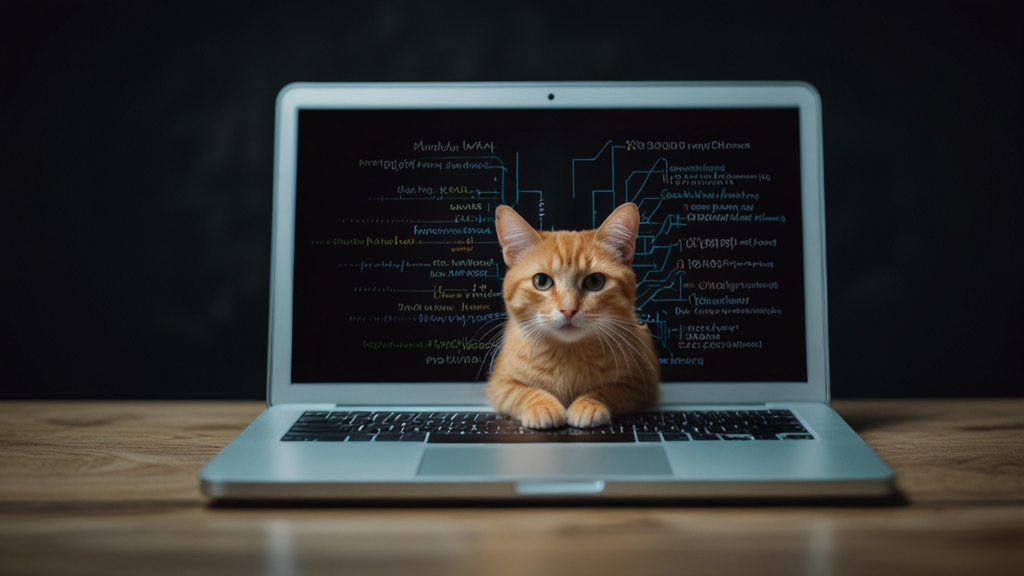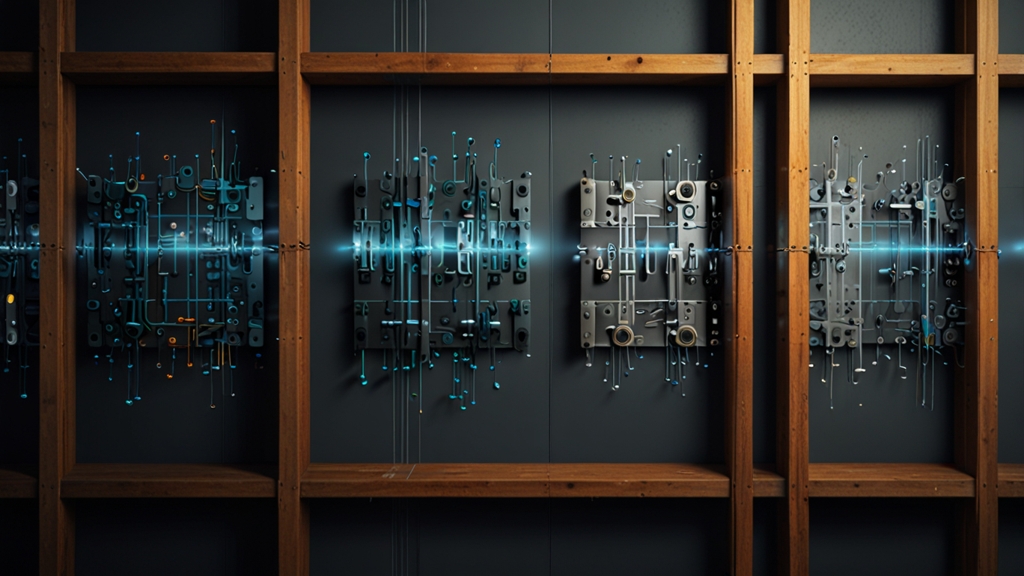The Great Debate: Are We Living in a Simulation of the Universe?
The question of whether we are living in a simulated reality has gone from science fiction speculation to a subject of genuine scientific and philosophical inquiry. Fuelled by the advancements in computer technology and a deeper understanding of cosmology and quantum physics, this idea has captivated thinkers across various fields. But is there merit to the simulation theory, or is it merely another myth born of human curiosity?
Origins of the Simulation Hypothesis
The concept isn't entirely new; it has philosophical roots that date back to the works of René Descartes and even Plato's "Allegory of the Cave." However, it was brought into contemporary discourse by Professor Nick Bostrom at the University of Oxford. In his 2003 paper, "Are You Living in a Computer Simulation?", Bostrom proposed that a sufficiently advanced civilization might have the capability to create detailed simulations of their ancestors. If this were true and such simulations were plentiful, it logically follows that we might very well be living in one.
"If a civilization can create more advanced simulations that are indistinguishable from reality, it becomes statistically probable that we are living within such a simulation rather than in the 'base reality.'" - Nick Bostrom
Scientific and Technological Arguments
Several scientific arguments lend weight to this hypothesis. For example, quantum mechanics suggests that reality at its most fundamental level may depend on the observer. The concept of "quantum indeterminacy" proposes that particles exist in multiple states until they are observed or measured. This could be interpreted as a sort of "rendering" mechanism akin to how graphics are rendered in a video game only when they come into focus.
Moreover, the rapid pace of advancements in virtual reality and artificial intelligence showcases our own capability to create increasingly lifelike simulations. Imagine the lengths to which a civilization with technological capabilities far surpassing ours could go. Given these capabilities, the creation of a simulated universe teeming with conscious beings sounds less and less far-fetched.
"We're already capable of creating simulations of certain physical systems that are so realistic we've had to develop complex models to even start to understand them. Who's to say we aren't ourselves a part of an even greater simulation?" - Elon Musk
Philosophical Implications
The philosophical ramifications of the simulation hypothesis are profound. If true, this would mean that our understanding of life, consciousness, and existence itself is fundamentally flawed. It challenges the very nature of reality and raises ethical questions about the responsibilities of the simulators towards those they simulate. Are we being guided, watched, or even tested?
Moreover, it introduces a new element into theological debates. Some argue that if we are living in a simulation, then the simulators resemble the role of gods, thereby offering a modern spin on age-old questions of divine existence and predestination. The very fabric of our ethical and moral systems would need reevaluation if everything around us is ultimately artificial.
Critical Counterarguments
Despite the allure, there are critical arguments against the simulation hypothesis. Some scientists argue that the sheer computational power required to simulate an entire universe with such minute detail is infeasible, even for an advanced civilization. Furthermore, the theory inherently relies on assumptions about future technological advances which may never come to fruition.
Others point out that the hypothesis is inherently unfalsifiable. Unlike other scientific theories that can be tested or disproved, there's no way to definitively prove or disprove the simulation theory. As such, some argue that it doesn't hold value as a scientific theory but is better suited for philosophical discussion.
Conclusion
Whether you find the simulation hypothesis plausible or absurd, it's a compelling topic that straddles the line between science fiction and science fact. It pushes us to think critically about the nature of reality, the limits of human knowledge, and the potential of future technologies. While it's unlikely we'll ever find definitive proof one way or another, the debate itself enriches our understanding of both our universe and our place within it.
